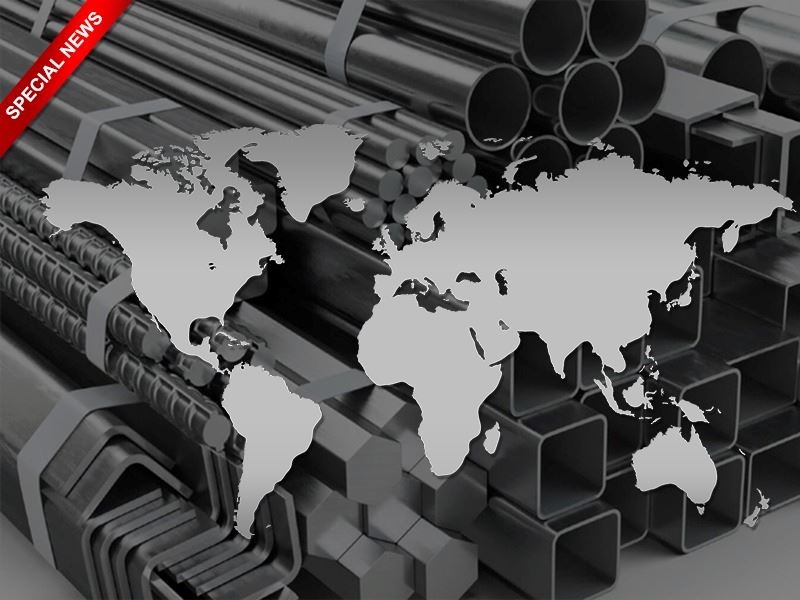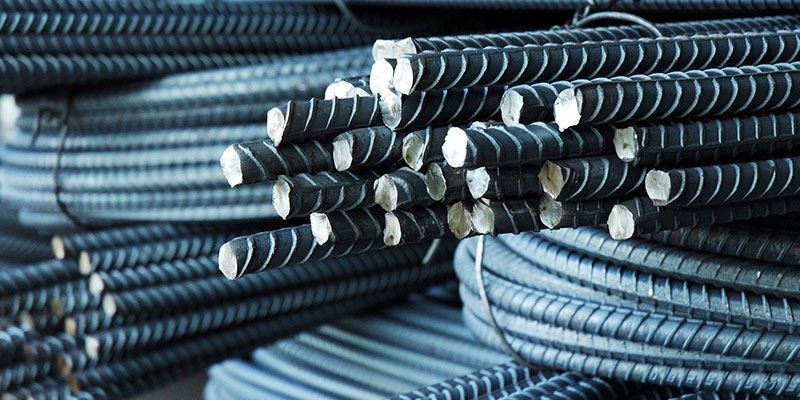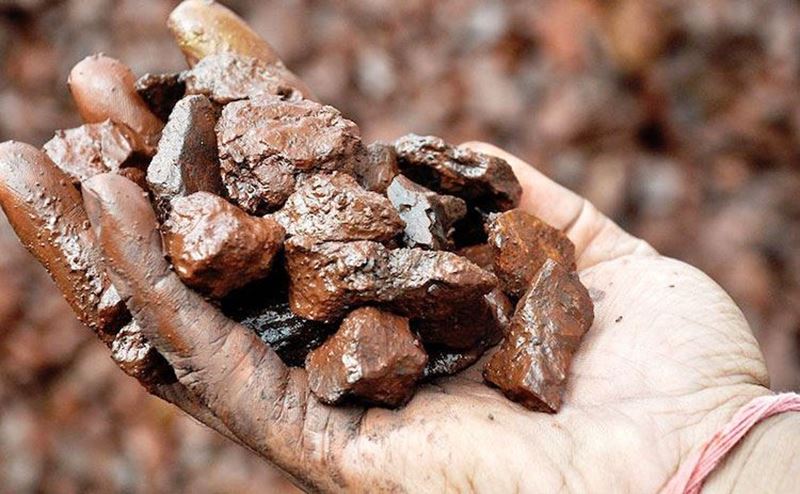Mete Bülent Adalı, a member of the Board of Directors of the Steel Foreign Trade Association, discussed the global effects on the steel sector in 2024 during an interview with Bloomberg HT. Adalı emphasized the rise in China's steel exports, the implications of the upcoming U.S. elections on global trade, and the cost pressures facing Türkiye.
China's impact: New export records in steel
Adalı stated that China holds a 55% share in global steel production and could reach an export level of approximately 110 million tons this year. He noted the frequent and varying statements from Chinese officials, which have led to significant fluctuations in the steel market. “Either Chinese officials don’t know what they’re doing, or they are testing the market,” Adalı remarked. He anticipates that China will provide the expected incentives in the future, which may lead to a reduction in exports—potentially a positive development for the Turkish steel sector.
The U.S. elections and their impact on the global steel market
Highlighting the importance of the upcoming elections between Kamala Harris and Donald Trump, Adalı commented, “If Trump wins, it could bring great relief for Russia and the possibility of ending the Ukraine war.” He stressed that this situation is critical for Europe’s economic condition, noting that if natural gas prices return to previous levels, the European economy could enter a growth trend, creating opportunities for Turkish exporters.
Obstacles in Türkiye's exports: China and safety measures
Adalı observed a slight improvement in Türkiye’s steel exports compared to last year but noted they remain at lower levels than two years ago. He attributed this to China’s competitive strength, global protective measures, and high costs in Türkiye. “The exchange rate is insufficient for exporters, which ties our hands like any exporter,” he said, highlighting the impact of the low exchange rate on the sector. Adalı believes that efforts to keep inflation low are also influential and that President Erdoğan’s employment-focused policies will have a long-term effect on the sector.
Increased capacity utilization and competitive strength
Adalı reported that Türkiye's steel sector capacity utilization has risen from 55% to 62% over the past year. “We need to increase this rate to the 70s to become more competitive. Managing energy costs and fixed expenses is critical for us,” he stated. He noted that the increase in domestic demand following the earthquake has helped sustain recovery, and he emphasized that the economic decisions announced by Minister Mehmet Şimşek will be pivotal for the sector's future.









Comments
No comment yet.